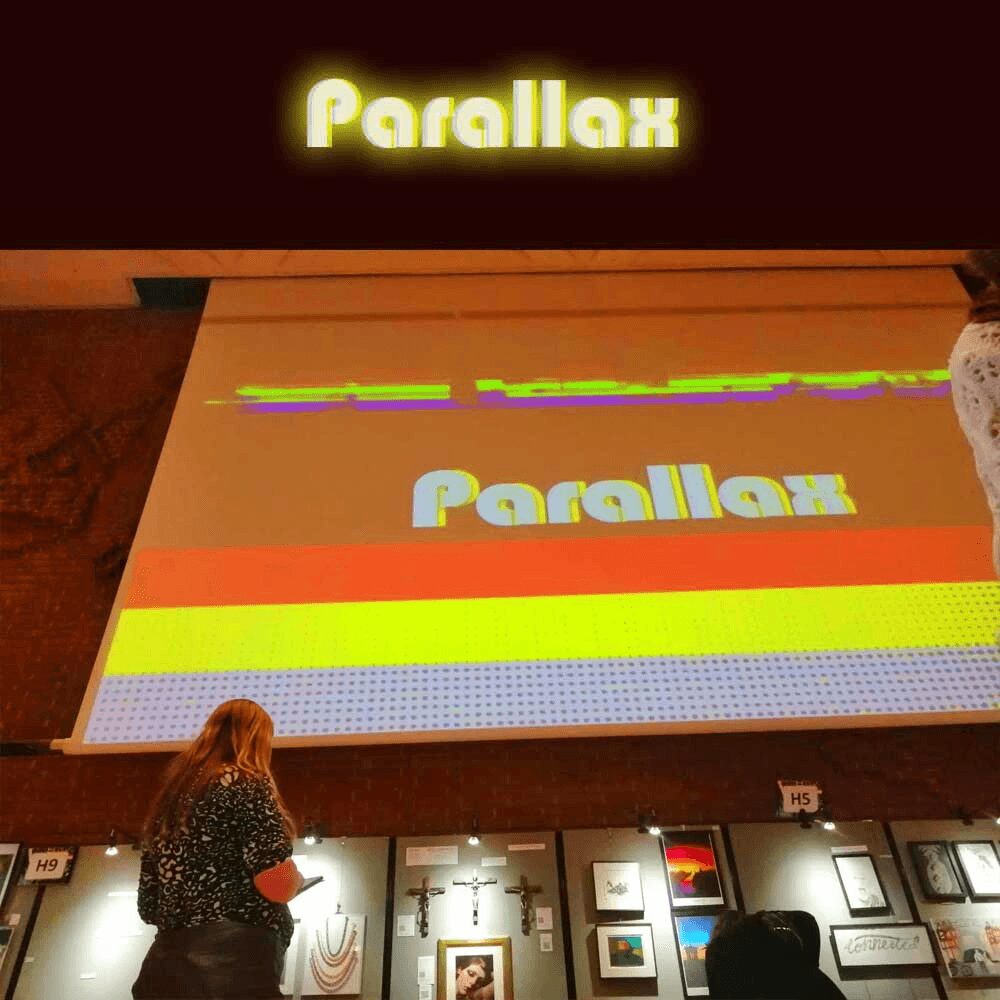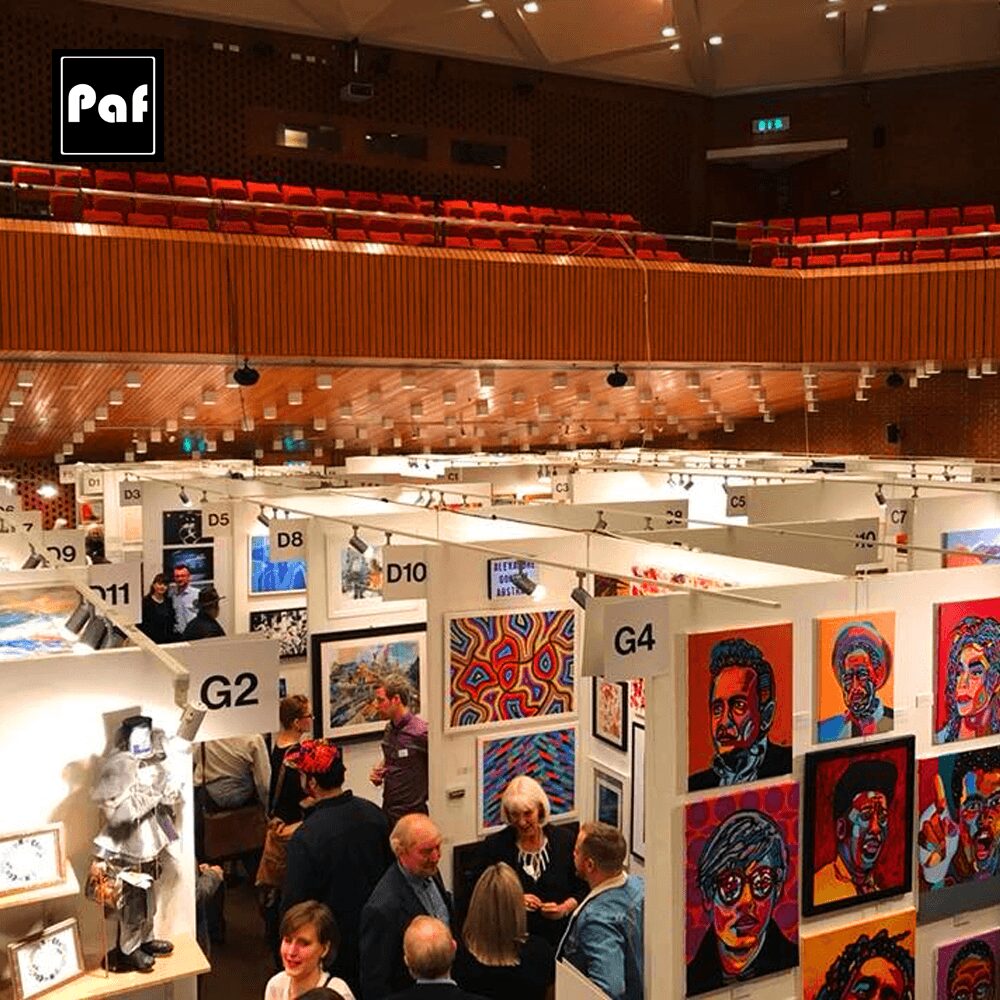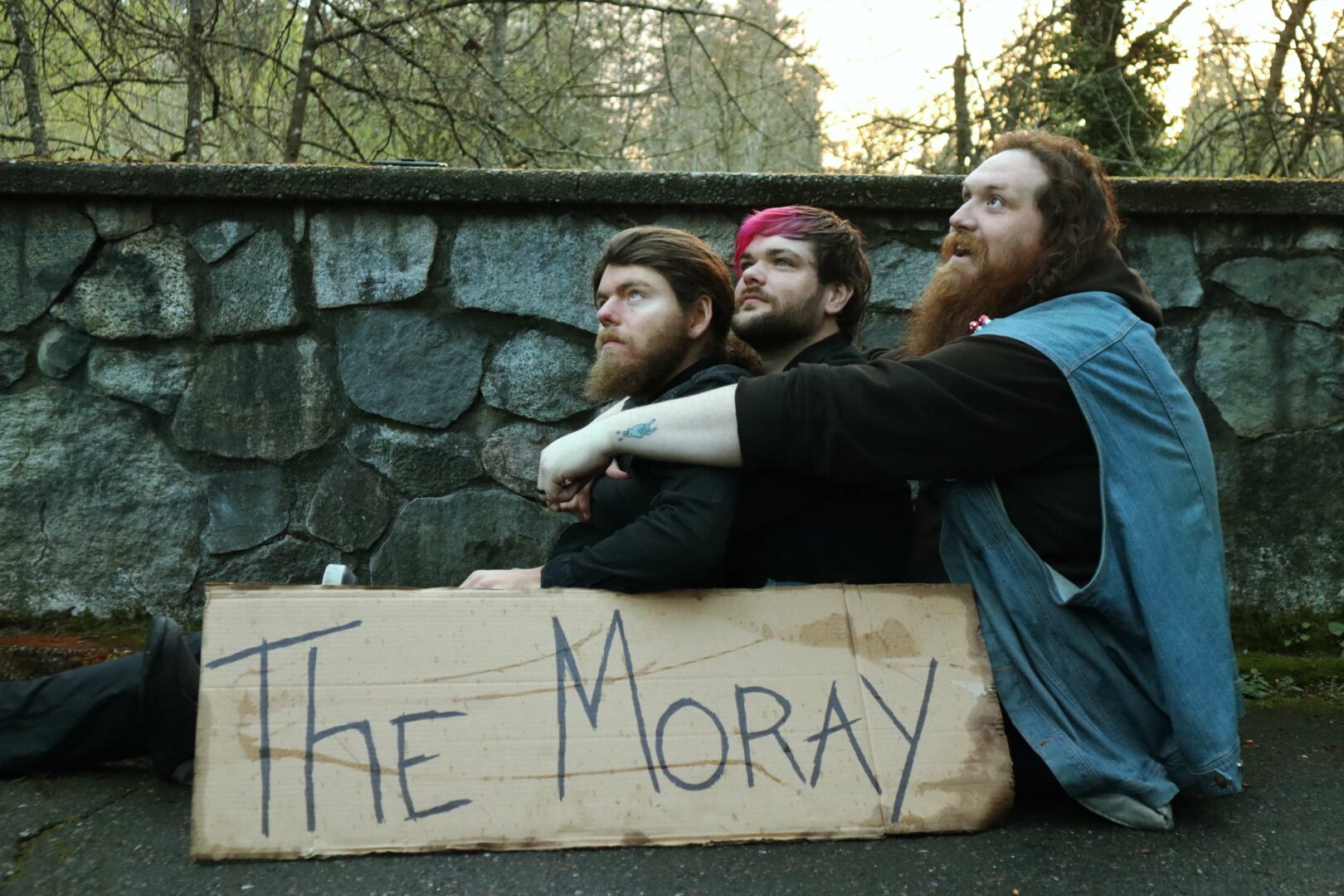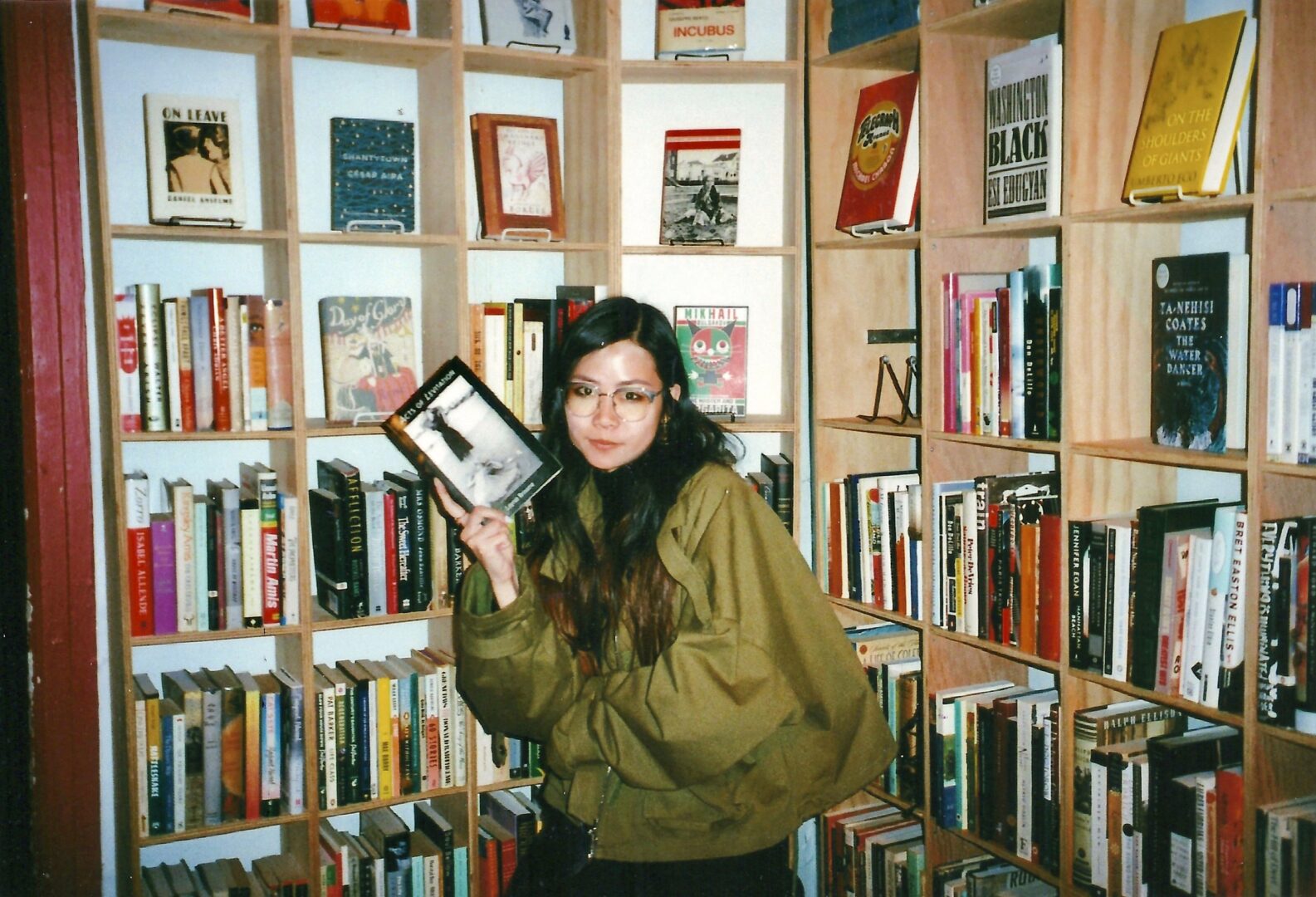We’re excited to introduce you to the always interesting and insightful C G Barlow. We hope you’ll enjoy our conversation with C G below.
C G, thanks for taking the time to share your thoughts with us today. We’re excited to dive into your story and your work, but first let’s start with a broader topic that might be stopping many of our readers from pursuing their dreams – haters, nay-sayers, etc. How have you managed to persist despite haters and nay-sayers that inevitably follow folks who are doing something unique, special or off the beaten path?
When asked how I persist despite the so-called “haters” and nay-sayers, the first thing I would say is that I don’t really see anyone as a hater. There’s no such thing in my mind. Everyone, no matter how critical they might be, can teach you something valuable if you have the humility to listen and learn. It’s not easy to take in negativity, but I’ve found that even the harshest comments can offer insights. This humility, this willingness to learn from others—even from those who disagree with me—has been key to my ability to persist.
Persistence isn’t just about sticking to your guns no matter what. It’s about having a clear vision while remaining open to ideas, opinions, and suggestions from others. You need to know where you’re going, but also be flexible enough to adapt when you encounter new perspectives. If someone offers constructive criticism, I always try to listen. Ignoring valid input can make you rigid and blind to growth opportunities, which can ultimately be your downfall. The real art of persistence lies in balancing this clarity of purpose with the flexibility to adjust and refine your approach as you learn more along the way.
Another important element of persistence for me is the intellectual fuel I gather every day. I make it a habit to read philosophy and theology every morning. These disciplines offer a wealth of wisdom and different viewpoints that help shape how I think about the world, myself, and the challenges I face. Spending time reflecting on a wide range of ideas broadens my perspective and makes me more adaptable. I believe that the more flexible your mind, the better equipped you are to persist through any situation. Reading and reflection help me stay grounded while still being open to new possibilities.
In the end, persistence isn’t about shutting out negativity or opposing voices. It’s about staying humble, staying curious, and continuing to learn from every experience and every person, no matter how critical they may be.

Let’s take a small detour – maybe you can share a bit about yourself before we dive back into some of the other questions we had for you?
I am a British art historian and the founder of Parallax, the first “entretive” art fair, which was specifically designed for independent artists and designers. The word “entretive” stands for creative entrepreneurship, and Parallax is not like any other art fair you’ve seen. It grew out of a research exhibition I held in London back in 2010. I had the opportunity to collaborate with Donald Preziosi, who was at the University of California at the time, and with historian Alun Munslow. Parallax was the first entretive fair in the capital, and what makes it so special is its philosophical foundation. The original exhibition examined how viewers often approach art with preconceived notions and biases, many of which they are unaware of. This idea remains central to Parallax today, making the fair often challenging, confusing, and sometimes even strange to those unfamiliar with its conceptual underpinnings. Many people miss the fact that in Parallax, they themselves are the subject.
Over the years, Parallax has attracted a fascinating array of artists from all corners of the world. We’ve had the honor of showcasing works from individuals such as Setsuko Ono, Yoko Ono’s sister, and Paul Michael Glaser, the famous movie star and film director. We’ve also featured Tim Bentinck, and even Peter Luisi’s art film The Last Screenwriter, which was notably the first movie ever written entirely by ChatGPT. Interestingly, this film was banned by the Prince Charles Cinema in London, which only added to its intrigue. We’ve welcomed Kelly Ali from the 1990s band Sneaker Pimps and Thota Tharani, a renowned South Indian movie director, along with several Bollywood stars. The diverse range of talent we’ve had the pleasure of showcasing is truly what makes Parallax unique.
What sets Parallax apart from other fairs is its conceptual approach. Unlike fairs that brand themselves as ‘radical’ but still maintain traditional thinking about art objects, Parallax is both a conceptual work of art and a fair. It challenges outmoded prejudices and beliefs about what constitutes “good” or “bad” art. At Parallax, we don’t subscribe to the idea that qualities like these reside somewhere inherent in the object itself. Instead, we focus on the idea that all objects and their creators are equal, and this is reflected in the way the fair is presented. This presentation often incorporates random events and is sometimes misunderstood by those expecting a more conventional experience.
Parallax mainly exhibits independent artists and designers, and we operate differently from dealer or part-dealer fairs. We don’t push particular artists in private deals; all artists are treated with equal respect. We’re also transparent about the struggles artists face, especially when it comes to selling their work on speculation, which is what they often try to do. Many fairs charge exorbitant fees for exhibition space, marking up costs by thousands of percent, fully aware that the artists will struggle to sell. In contrast, Parallax focuses on keeping break-even points low. This approach gives artists more opportunities to sell their work or to develop a market for themselves over time. This commitment to fairness and accessibility is one reason why 60-70% of our exhibitors return to Parallax—many of them exhibit three or four times a year with us.
Since its inception, we’ve held 38 editions of Parallax in Kensington and Chelsea in London, just near Kensington Palace, and we’ve expanded with numerous shows in the United States, including a recent event in Los Angeles. I’m quite fond of LA. In many ways, it has a similar vibe to London—the people are broad-minded and down-to-earth. Another unique aspect of Parallax is that all our events are free to visitors because we strongly believe in making art accessible to everyone. I’m a firm believer in the transformative power of art, and I hope that through Parallax, we can continue to foster that positive change in people’s lives.
Looking back, what do you think were the three qualities, skills, or areas of knowledge that were most impactful in your journey? What advice do you have for folks who are early in their journey in terms of how they can best develop or improve on these?
Looking back, I would say that the three most impactful qualities, skills, or areas of knowledge in my journey have been, first and foremost, the ability to listen. This might seem simple, but it’s one of the most critical skills you can develop. Truly listening means being open to others’ ideas, understanding different perspectives, and being able to adapt and learn from every conversation. Listening is not just about hearing words, but about absorbing the underlying messages, emotions, and insights that can help you grow both personally and professionally.
The second impactful factor has been my economically challenging upbringing, particularly during my student years. Despite winning a scholarship, I had to work two jobs to make ends meet. This experience taught me to be wise and careful with money, skills that have been crucial throughout my career. Financial prudence is often overlooked in creative industries, but it is vital for long-term sustainability. Learning how to manage limited resources effectively is a skill that will serve you well in any field.
The third key area has been my knowledge of both art and computer coding. Having a solid grounding in art has been essential, of course, given my career path. But understanding coding and technology has given me a significant edge. In today’s world, creativity and technology are increasingly intertwined, and being able to navigate both realms opens up a lot of opportunities.
For those just starting their journey, my advice would be to focus on developing your soft skills in addition to your hard skills. It’s easy to get caught up in learning technical abilities or building expertise, but don’t underestimate the importance of simple courtesies, temperament, and manageability. Saying ‘please’ and ‘thank you,’ being able to control your emotions, and being easy to work with are essential qualities that make you more self-critical and humble. These traits are often what enable you to take on greater responsibilities as your career progresses.
Another crucial piece of advice is to invest your money early. No matter how little you start with, developing good financial habits and learning to invest can set you up for success in the long run. Finally, use technology to get ahead. Tools like GPT can be game-changers in how you work, think, and create. Embrace technology, stay curious, and never stop learning.
Any advice for folks feeling overwhelmed?
Feeling overwhelmed is rare for me these days, to be honest. As you get older, you get better at planning and anticipating challenges, which helps prevent that sense of being overwhelmed. It often comes from poor planning, so improving those skills is key. However, if I do find myself in that situation, I simply switch everything off and go for a walk in the park. I find nature incredibly grounding—just looking at the trees and listening to the birds helps me reset. Living in Avon, England, I’m fortunate to have plenty of green spaces nearby. My advice is to step away, take a breath, and reconnect with the simple things around you.
Contact Info:
- Website: https://www.parallaxaf.com
- Instagram: parallax222
- Facebook: https://www.facebook.com/profile.php?id=100064646023340
- Youtube: https://www.youtube.com/channel/UCSYcByiQaO-7voCp5jA06gA
Image Credits
PAF
so if you or someone you know deserves recognition please let us know here.




